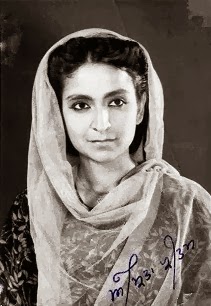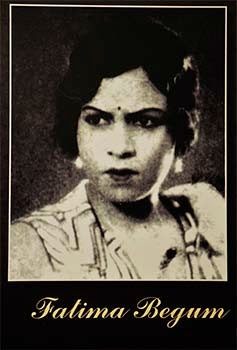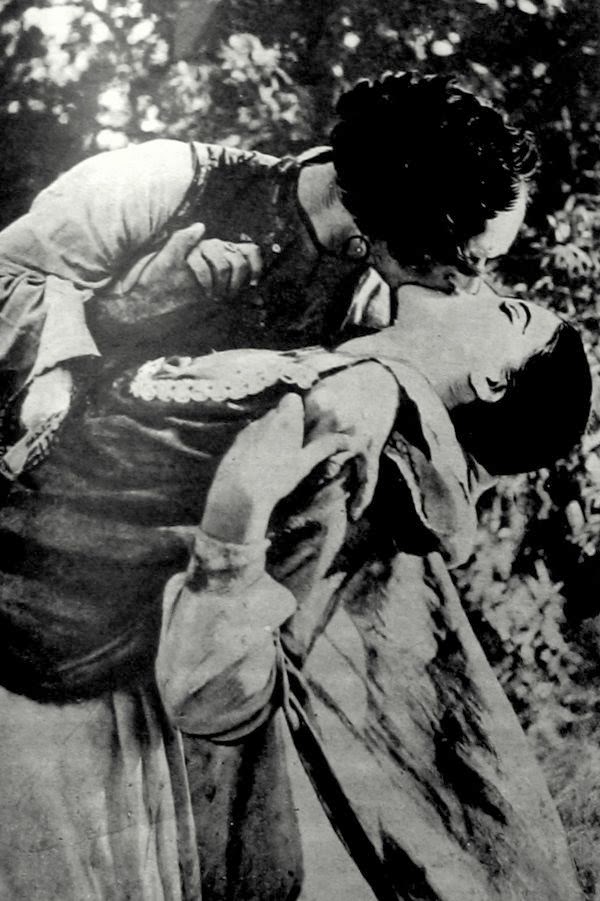Cine Punjab Exclusive
February 28, 2014
Gurwinder Lotay
A Punjab Village...
In 1925, British Film Institute made a documentary called A Punjab Village, It was screened through out India. Later, the same British company covered some historical events of Punjab. Around the same time Patiala Royals were mesmerized by the idea of filming big events of their lives, and screened their larger than life moments at several occasions. The very first Theatre and CinemaScope in Lahore screened mostly English feature films, but at times screened short films and documentaries of rural India's Festivals, Events, Fairs, Dance Forms, Birds, Khushti (wrestling), Kabbaddi, Trains, Labours and Farmer scenes.
All these events served as the foundation for Punjabi Cinema.
A Punjab Village - First ever documentary on Punjab preserved by the BFI
Amrita Pritam and her ancestral connection to early Punjabi Cinema
Noted Punjabi writer and poet Late Amrita Pritam needs no introduction but her ancestral connection to Punjabi Cinema is something that has not been given its complete due. In the Late 20s, her father Late Kartar Singh Hitkari, a school teacher, poet and a Sikh preacher organized a Sikh History Pictorial through a Projector in his school and followed it up at many writer's meets. In a short span of time, people because of a positive word of mouth and sheer excitement wanted to see this Pictorial.
(Also Read: Books by Kartar Singh Hitkari on Punjab Digitial Library)
 |
| Late Amrita Pritam's father's early contribution is often ignored in the history books |
Once Late Kartar Singh Hitkari organized a similar show in a Guruduara where just before he was about to start the projector, many Nihang Singh's gathered and objected on the show. They said - any form of cinema should not be allowed in the Holy Place. Late Kartar Singh Hitkari, who was planning to add more video clips of religious places, was so upset and decided never to do any pictorial show after that incident.
Yes, K.D. Mehra may be called the Father Of Punjabi Cinema, but....
We often read at online forums and also articles about arrival of Punjabi Cinema where K.D Mehra is one name widely mentioned. He can be rightly called the Father of Punjabi Cinema as he made the first Punjabi Film Sheila (aka Pind Di Kudi) in 1935 but it was the very first attempt to make a punjabi talkie but not the first film in Punjabi Cinema. As Alam Ara (1931) was the first Indian Talkie film and before that silent films were made, there has also been over two dozen films representing Punjab. There were many silent films based on Sohni Mehiwal, Puran Bhagat, Mirza Sahiba etc representing the traditional stories and at the same time films like Punjab Mail, Punjab Kesri spoke about modern day period.
First Female director of India Fatima Begum and her contribution to Punjabi Cinema
Fatima Begum - a famous film star and first female director of Indian Cinema made a silent film on the famous love tale of Punjab Heer Ranjha.
 |
| Fatima Begum - India's First Female Director |
There were times when two different film companies made films on same subject, for instance, there were at least three films on Heer Ranjha released within a few months gap. They were made by Lahore, Bombay and Calcutta based companies. Often to avoid clashes and comparisons, titles of films were changed like Hoore-E-Punjab, Heer of Punjab etc.
 |
| Iconic kiss from Hoore-E-Punjab |
Punjab, her heroes and stories were always part of the mainstream Indian cinema and continues till date. As we all know, the first Indian talkie released in 1931 and it took Punjab just four years for a Punjabi talkie film to arrive on the scene. However, there was never a dearth of films about Punjab and its popular tales even if the actual language was not in Punjabi.
Next in the Cine Punjab Diaries - Two Filmmaker Brothers torn by the Partition (Next Friday, March 7, 2014)
Cine Punjab Diaries is a series of articles, videos and photos that will take you down the history of Punjabi Cinema right from the 1920's to the present. It is written by Film buff/historian Gurwinder Lotay with insights from Bikram Singh Bathh.
(Comments, feedback or any suggestions can be made in the comments below or through email on [email protected])








